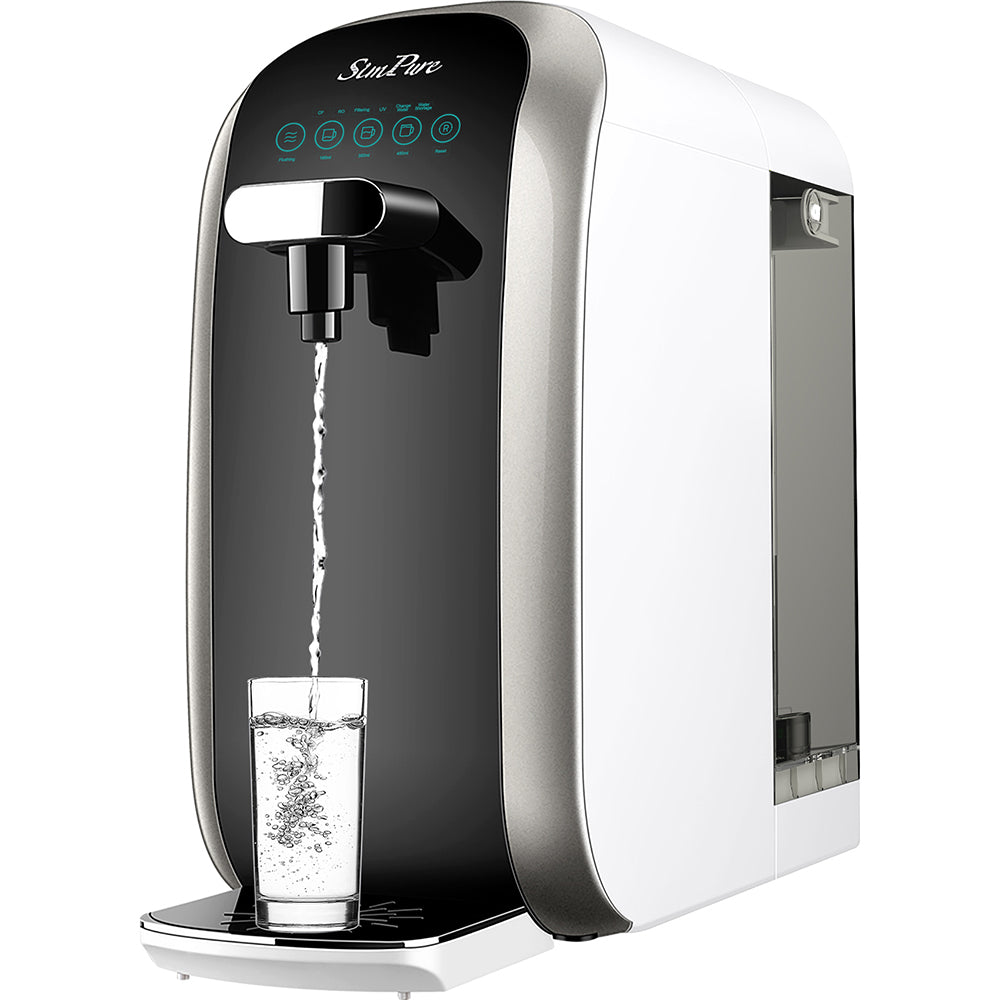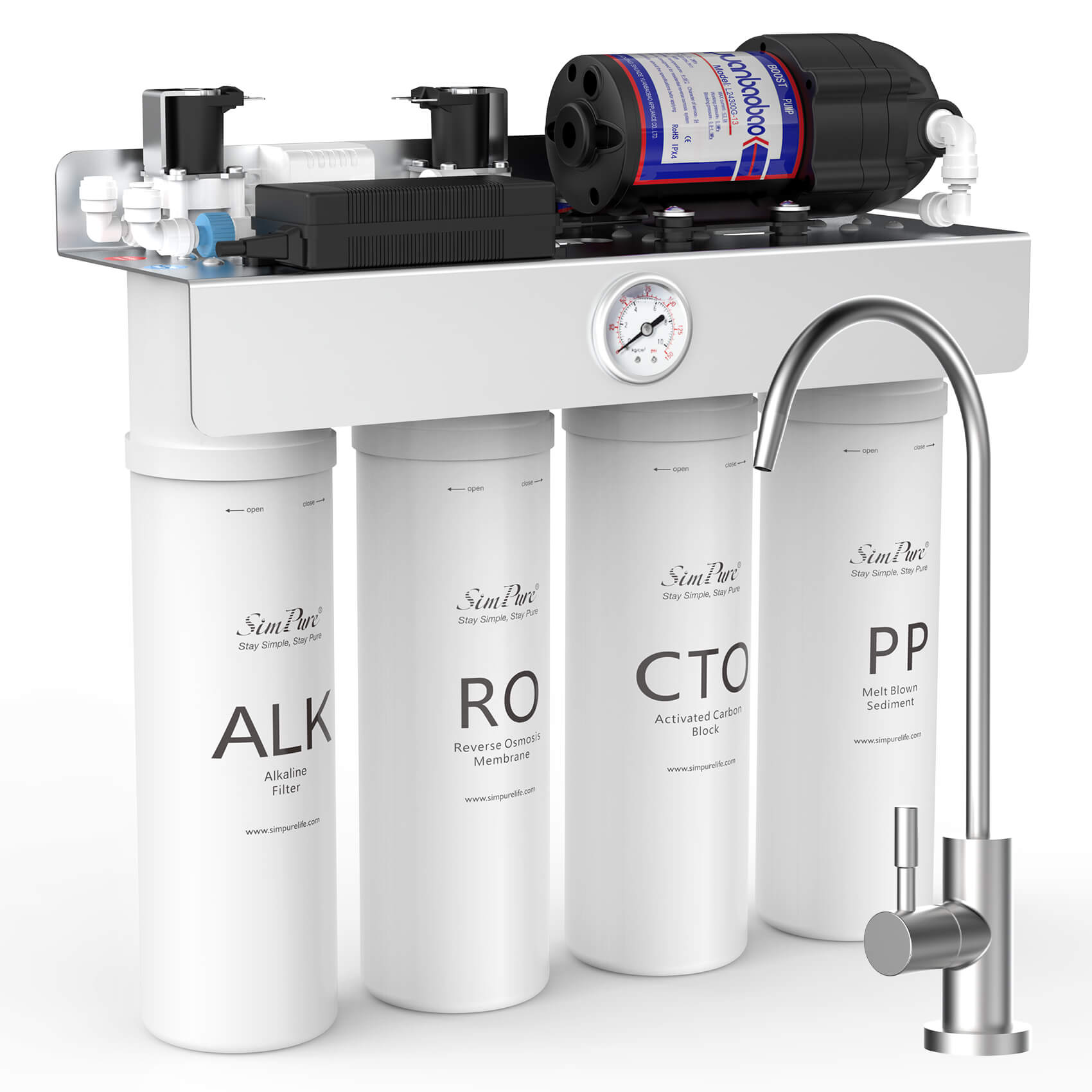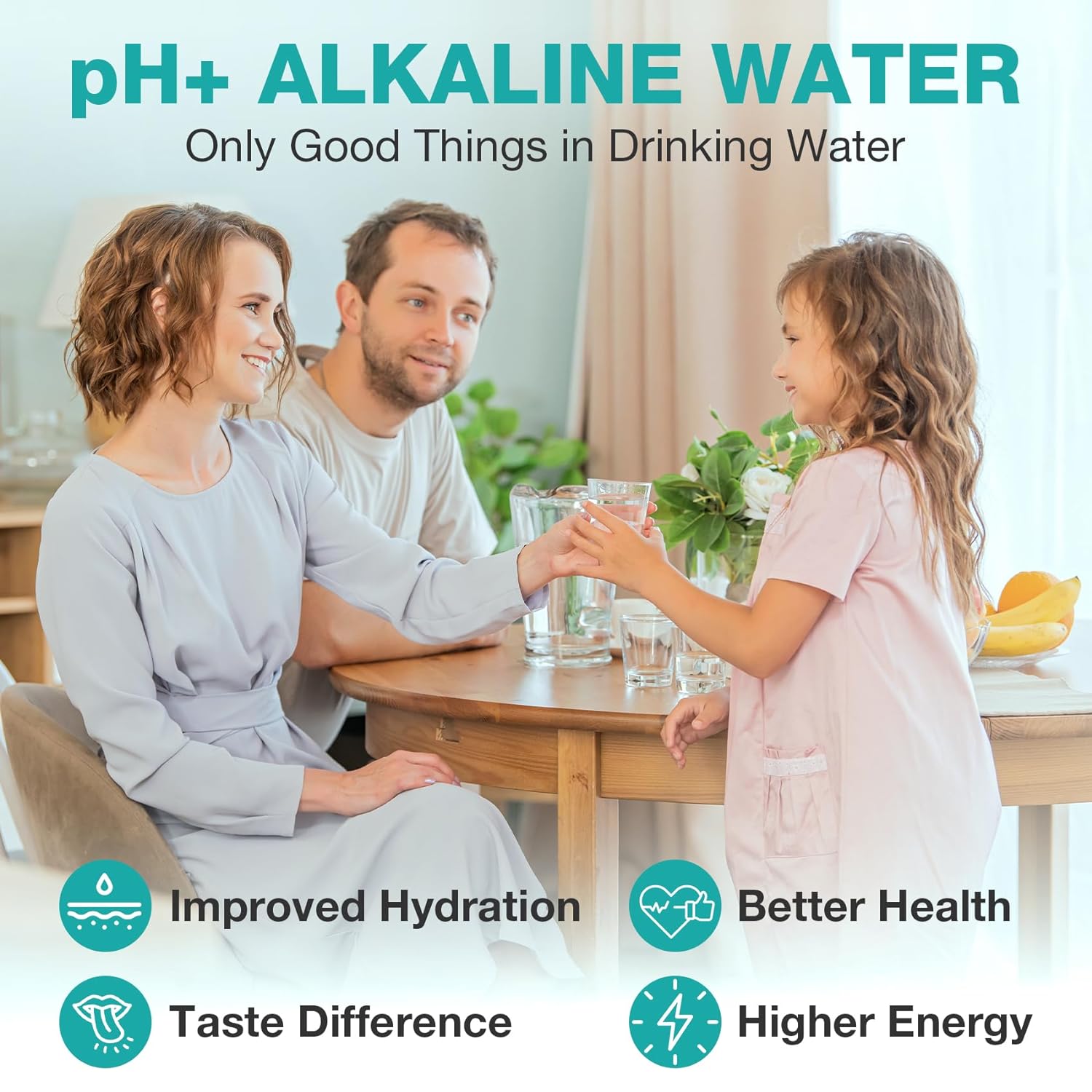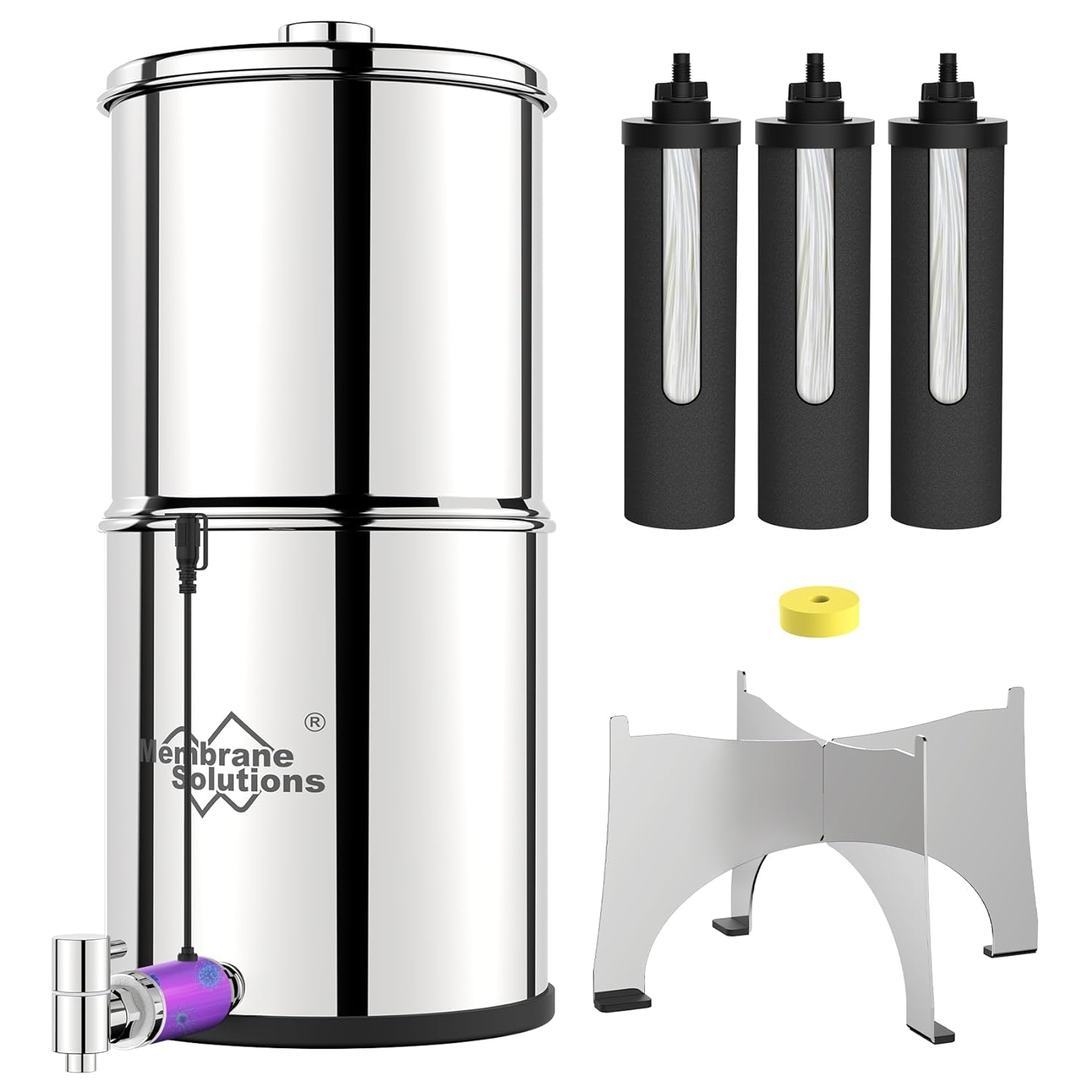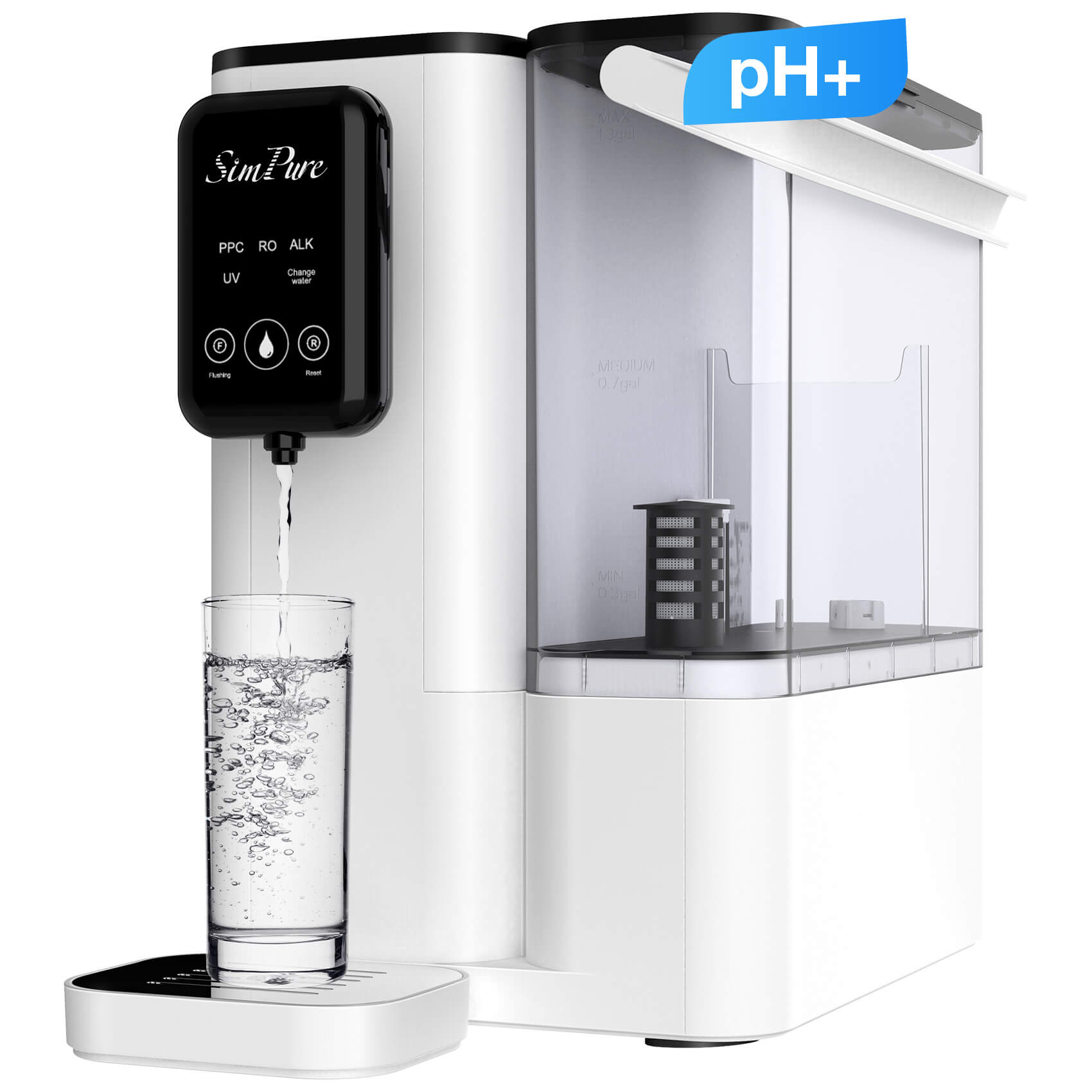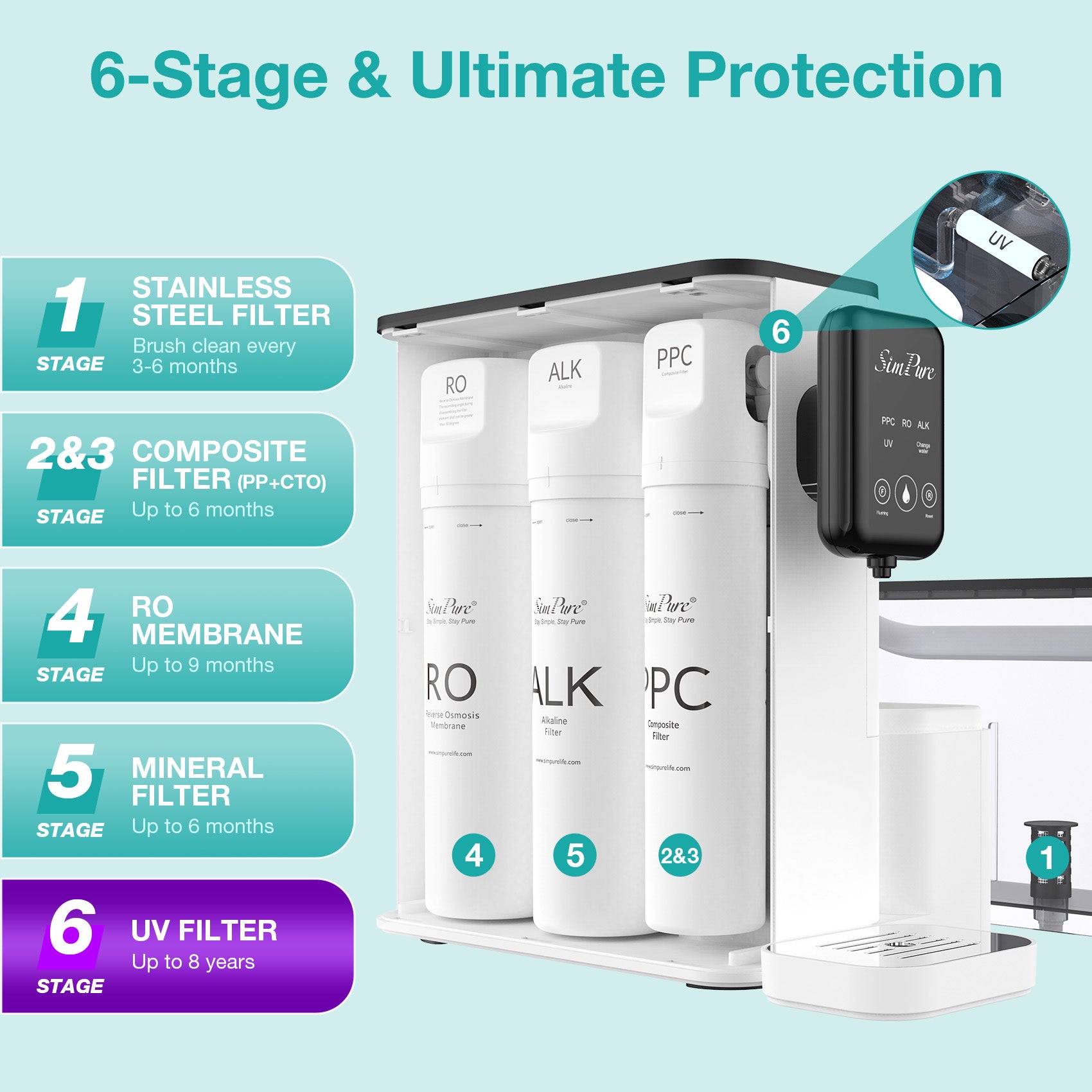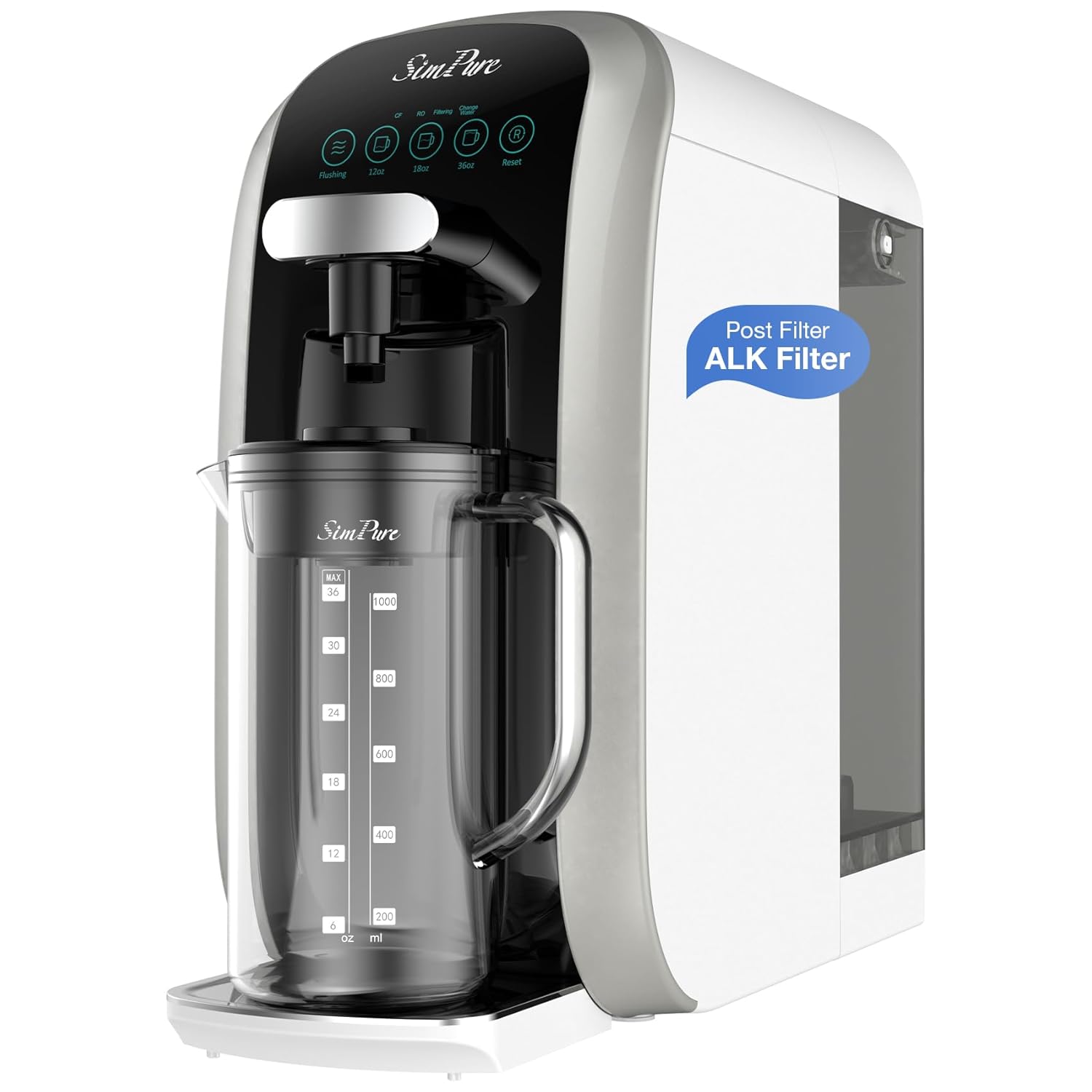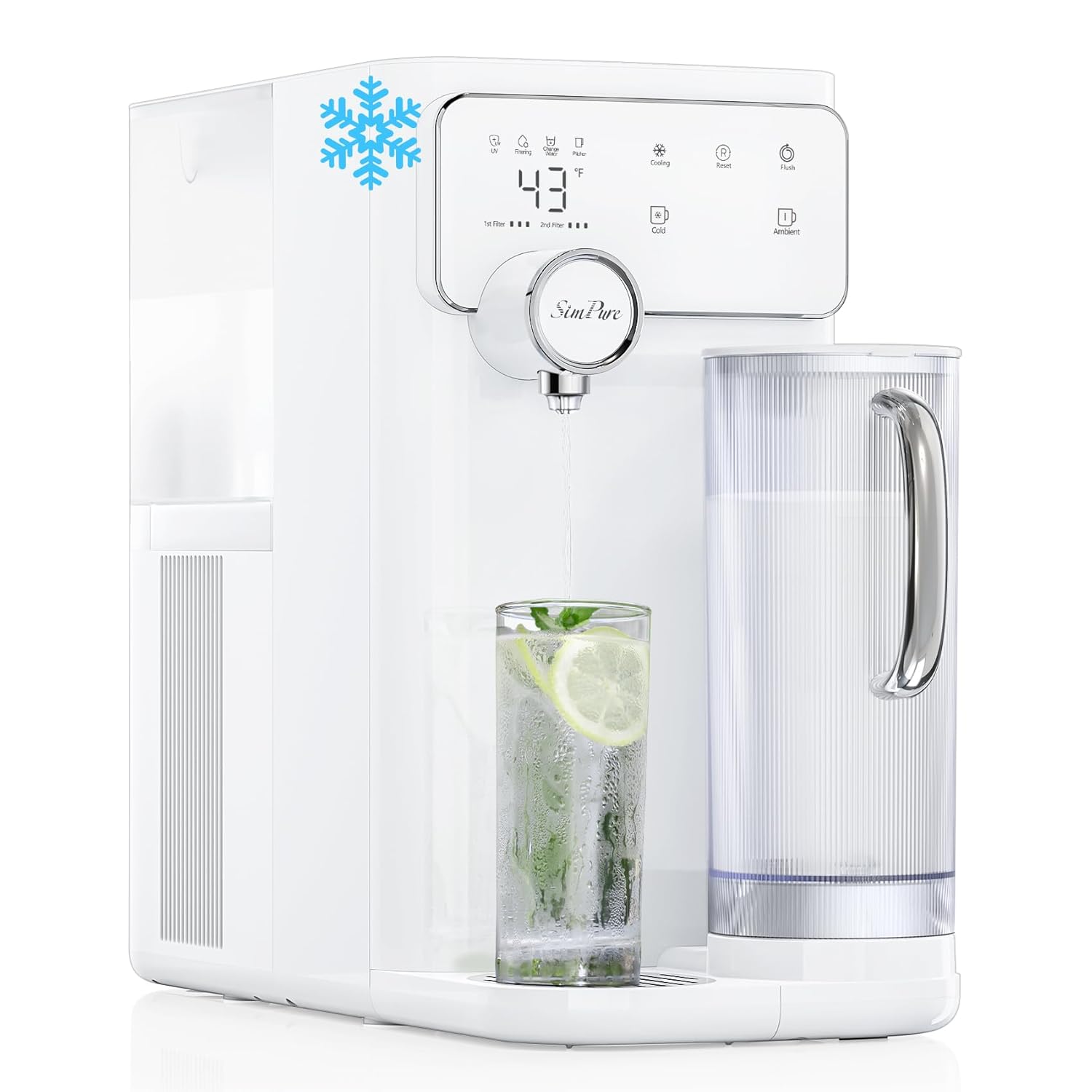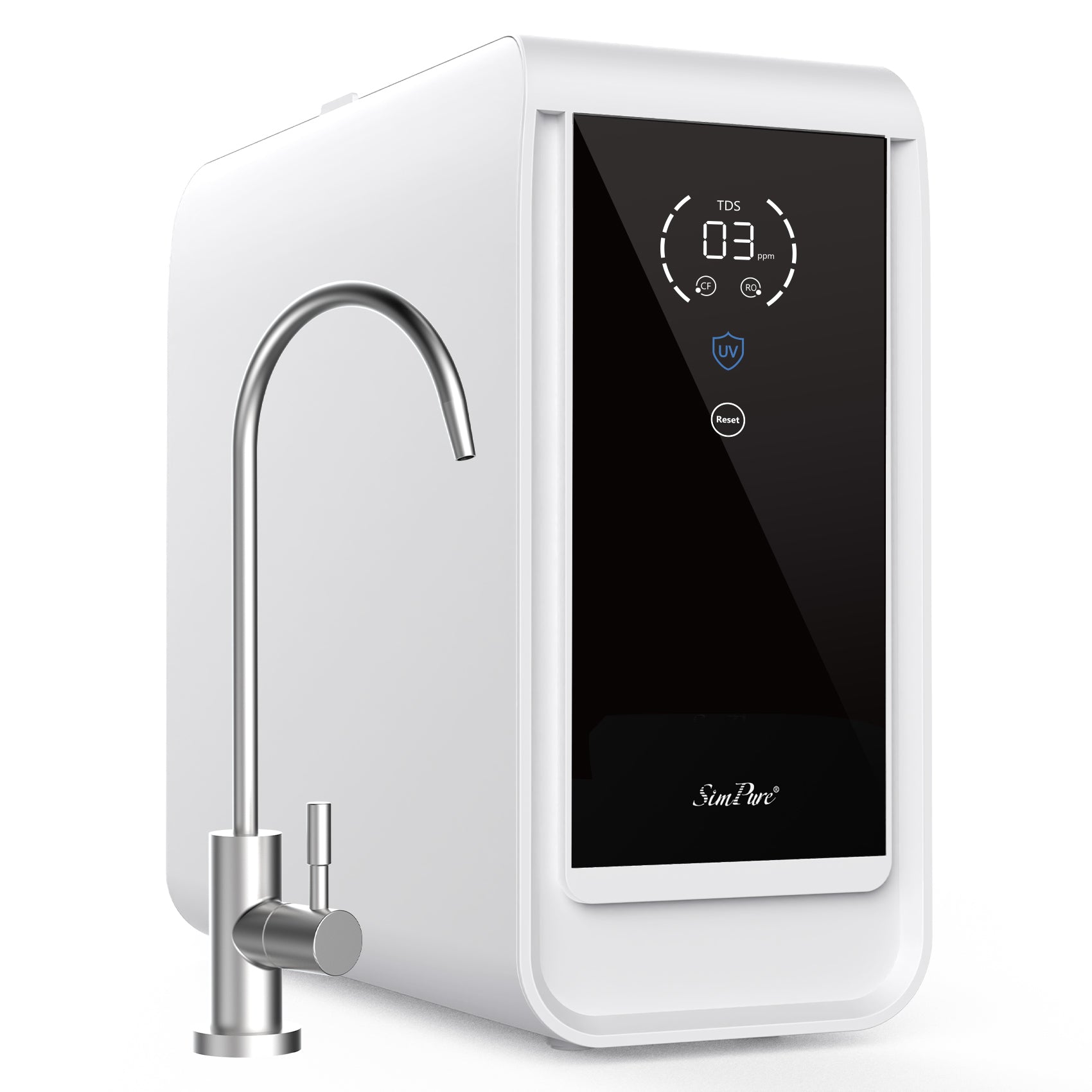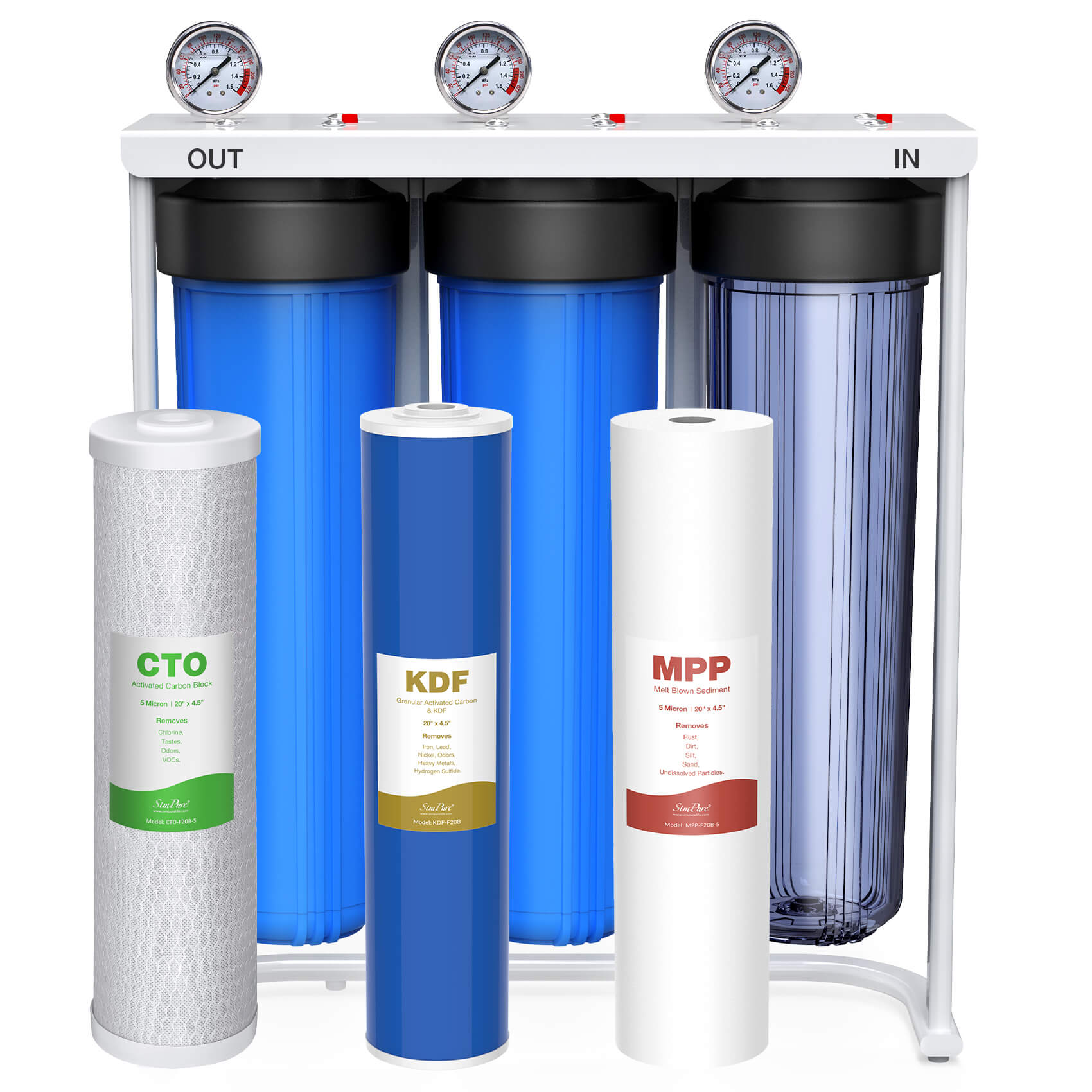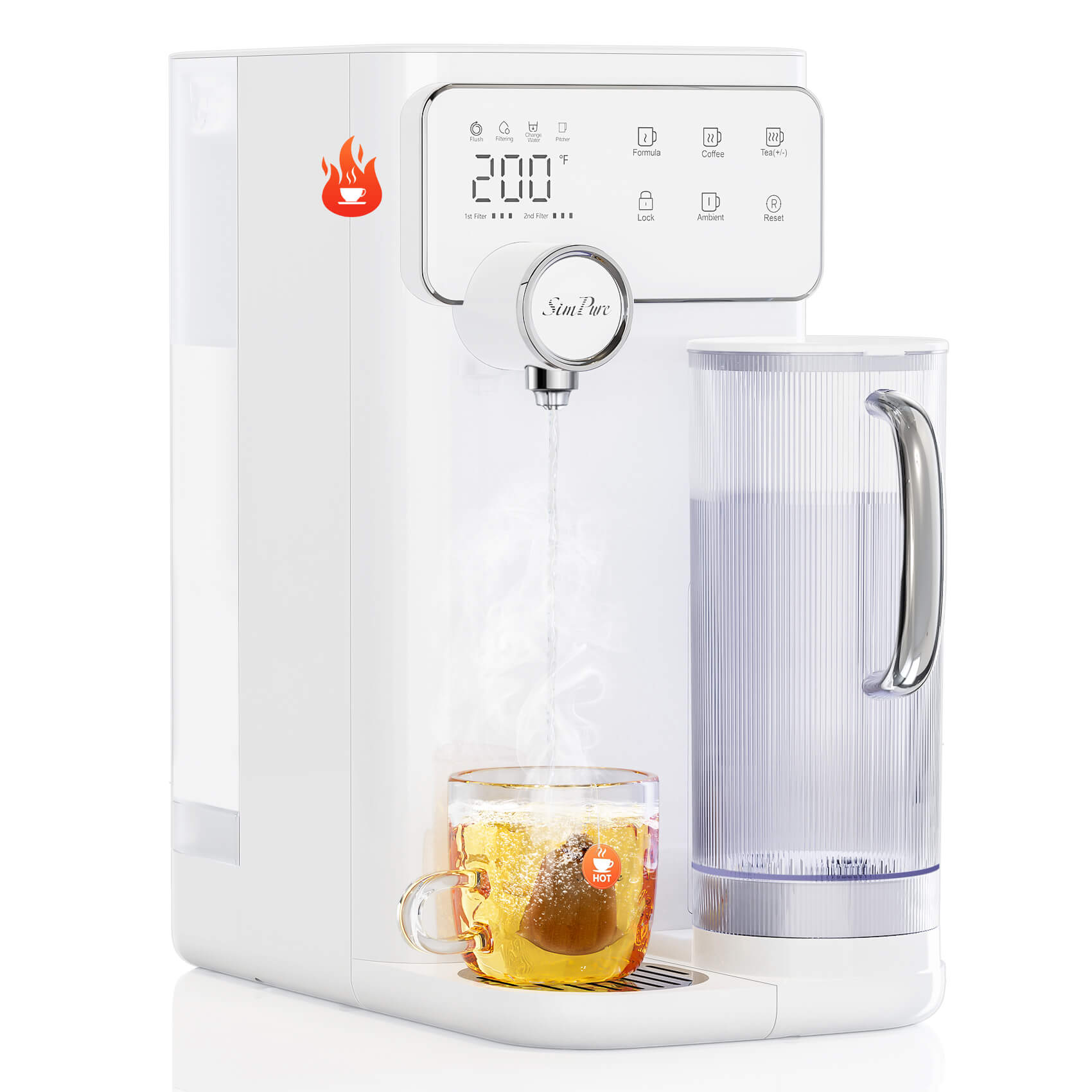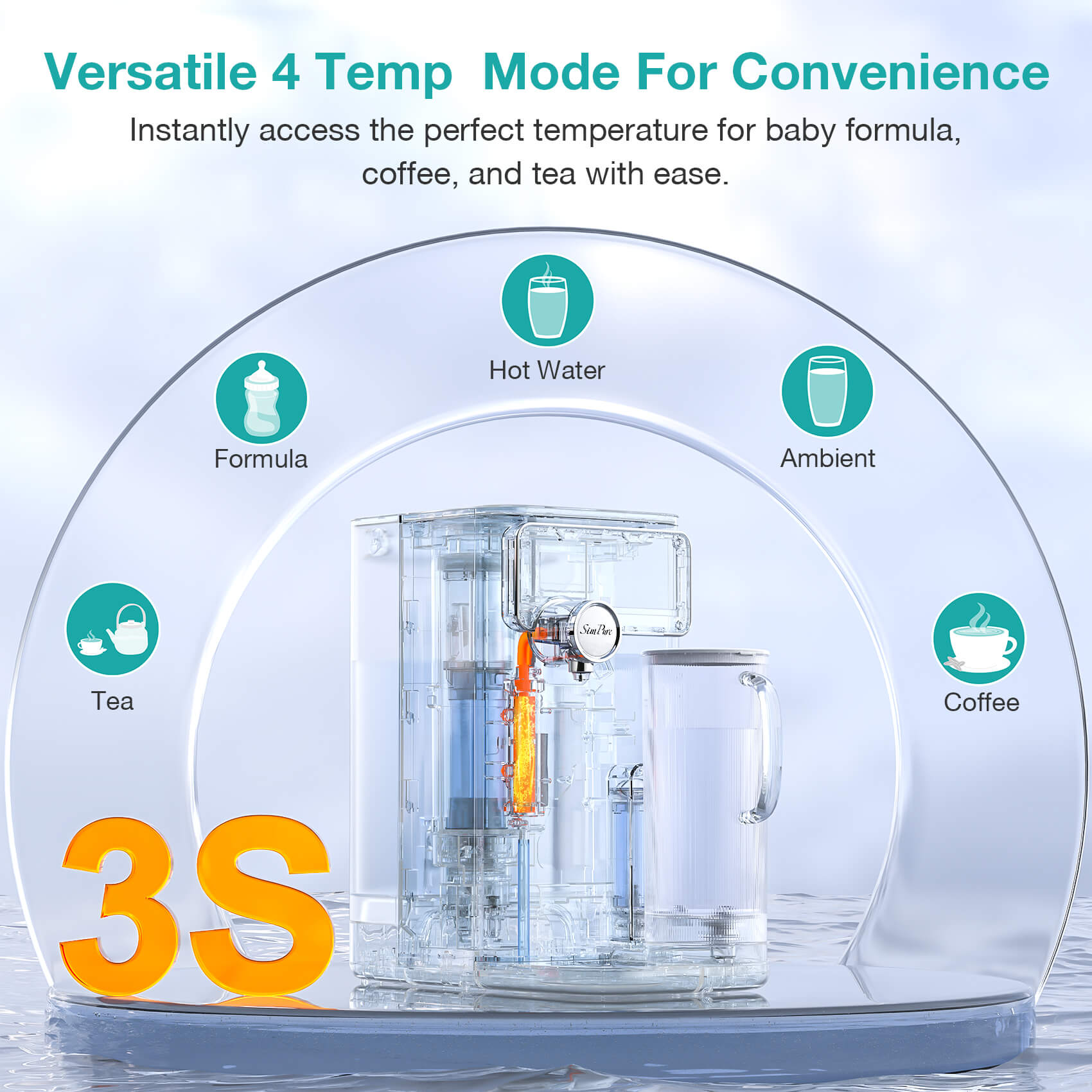You probably already know that hard water contains a lot of dissolved minerals, like calcium and magnesium ions. But what you may need to learn is why that is bad. In this guide, we shall discuss all the need-to-know information about hard water, why it is bad, how to identify it, and how to treat it in your home.
Around your house, you can often see calcium building up inside your appliances and bathroom sink and your clothes getting more rigid with each wash. Just think of what can hard water do to your hair and body every time you take a shower. Let’s find out what can you do about hard water issues in your home.
What Does Hard Water Do To You?
Groundwater systems like well water always contain hard water because it passes through the soil and rock, which possess high mineral content. While it does not have any health implications, it can be a nuisance for inhabitants in various ways.

1. Effects on Hair And Scalp
If your hair is brittle and your scalp feels itchy, the cause could be hard water. Minerals deposit on your hair, making it look lifeless and thin. The accumulation at the base of the hair follicles alters the pH level of the scalp and may lead to dandruff. Learn the detailed connection:
2. Impact On Skin And Body
What does hard water do to your body and skin, the largest organ? Drinking minerals for skin health is good, but continuous showering under hard water can dry up the skin and body, resulting in itchiness and dryness or even skin feels sticky after washing. Hard water steals the skin’s natural oils and leaves a layer of soap film on the surface that blocks the pores and the entry of moisturizers and lotions. It also compromises skin barrier function, leading to chronic conditions such as hard water acne, eczema and psoriasis.
3. Damage To Clothes
Have you ever felt your clothes stiffer and rougher to the touch? What does hard water do to clothes?
Hard water is also not good for washing because it usually contains calcium and magnesium, which form a powdery deposit that stays with the clothes. It can hinder the effectiveness of the laundry detergent as the deposits in hard water combine with chemicals found in the detergent and thus weaken the detergent. This can make fabrics have a stiffer texture, wear out faster, and have colors that fade easily. Moreover, your stains cannot be easily washed out next time you wash the clothes.
4. Issues with Shower and Bathroom Fixtures
Besides damage to the body and clothes, what to do about a hard water shower?
If you often experience issues such as clogs and low water pressure, or eyes red after shower, hard water may be the cause.
Over time, the impacts of hard water leave a white deposit on your surfaces that alters the aesthetic of a lovely bathroom. With all that mineral content in the water, there is potential for buildup in your pipes and any appliance or fixture that uses water, such as your shower head, faucets, and washing machine.
Solution: What to Do If You Have Hard Water?
With the right solutions, hard water doesn’t have to be a daunting task. Why let the poor taste and filmy scum become a reality in your home? Here are several things you can do to soften the water and get back to the water you prefer.
1) Testing For Hard Water
I have hard water; what to do? First, check the water hardness by measuring the amount of mineral salts. The following ways will help:
DIY Soap Test
Add some detergent/soap to a clear plastic bottle filled with one-third of the water. Shake it well for a few seconds and note the appearance. If it becomes cloudy or scummy, it has a high mineral content.
Test Strips
It quickly and accurately measures water hardness. Dip water hardness test strips into the water sample for 30 seconds. Match the colors on this strip with a color chart indicating different water hardness levels.
Check out how to test the water hardness with more precise methods, including titration and electronic testers.
2) Immediate Remedies
Vinegar Hair Rinse
Use apple cider vinegar wash to remove mineral deposits from hair strands. The calcium in hard water is highly reactive with vinegar. Dilute one tablespoon of vinegar in three cups of pure water. Apply to all ends, leave it for five minutes, then rinse properly.
Moisturizing Body Wash
As mentioned earlier, hard water can have negative effects on the body. Applying a pH-balanced body wash with chelating agents that remove hard water residues will prevent dryness.
Citric Acid Cleaner
Citric acid effectively removes hard water stains and is used for descaling bathrooms, sinks, toilets, shower heads, and drains. To make the paste, slowly add a few water drops to 2 tbsp. of citric acid. After 5 minutes, scrub it.
Laundry Booster
For homemade homemade detergent, use laundry borax to soften the hardness. Or, buy a detergent specifically designed for hard water.
3) Long-Term Solutions
If the water testing shows mineral levels above 7 GPG (Grains PerGallon) or 120 PPM (Parts Per Million), it turns out to be hard water. Then, what to do if you have hard water? Consider installing a filtering system.
- Water Softeners
You can use a water softening system, a filter that removes minerals through a process known as ion exchange. Two major options are traditional salt-based with a self-cleaning brine injector and salt-free water softener. These work by replacing minerals with sodium ions from a container filled with salt, known as a brine pack. That means you will get less scum formation in your tub. Also, your water will not turn to be salty like the sea. But you will notice less scale buildup, healthier hair, and better water pressure, to name a few.
- Whole House Filtration System

Investing in a whole-house water filtration system like reverse osmosis system can achieve a more holistic approach. The initial step in improving water quality at home is the pre-filter. This effectively increases the lifespan of primary water filtration systems by preventing large sediments from entering the system. In addition to using a prefilter, you can enhance water quality by installing inline water filter, for example, a SimPure V7 under sink water filter no drill fixed directly in the water supply line.

As a final step, an under-sink reverse osmosis water filter system and an inline filter should be installed after the prefilter. They filter up to 99% of all contaminants and bring clean and safe water for drinking. In contrast to the under-sink, another SimPure countertop RO Y9T water filter has received much attention. It is perfect for drinking and easy to move around in different areas.
When water has gone through these three filters, it is safe for consumption without further water-softening treatment. If you are looking for a shower filter that can filter hard water, the 20-stage shower filter is ideal.
Maintenance Tips for Reducing Hard Water Problems
Tired of hard water problems? Here is what to do when you have hard water:
1. DIY Homemade Solutions
To get rid of hard water stains, you need vinegar, lemon juice/citric acid, and baking soda paste. They all help break down the buildup. Make a solution of water and vinegar and spray it on all affected areas, from showerheads to sinks.
2. Special Hair Care
You can also use specialized hair products that are formulated to fight off minerals. Hence, you can prevent hair loss and get your shine back.
3. Maintain Plumbing
Clean faucets and showerheads regularly with vinegar to eliminate buildup. Moreover, water filters can be beneficial for the plumbing system, reducing mineral deposits that may compromise the condition of pipes.
4. Use A Water Conditioner
A water conditioner improves the water quality by continuously flowing through the pipe while adapting to the minerals.
Hard water is not dangerous to your health, but that doesn’t mean you should do nothing about it at home. Test the water hardness and try the strategies mentioned above. When it comes to hard water solutions, your final best shot is to invest in a whole-house water filtration system. SimPure under sink and countertops system not only filters all the impurities, but the RO filtration softens the water. Good quality water will make your laundry and dishes cleaner, your appliances more effective, and, of course, better hair and skin. Now, you probably know what to do if you have hard water.
Get A Entire Solution Now!



